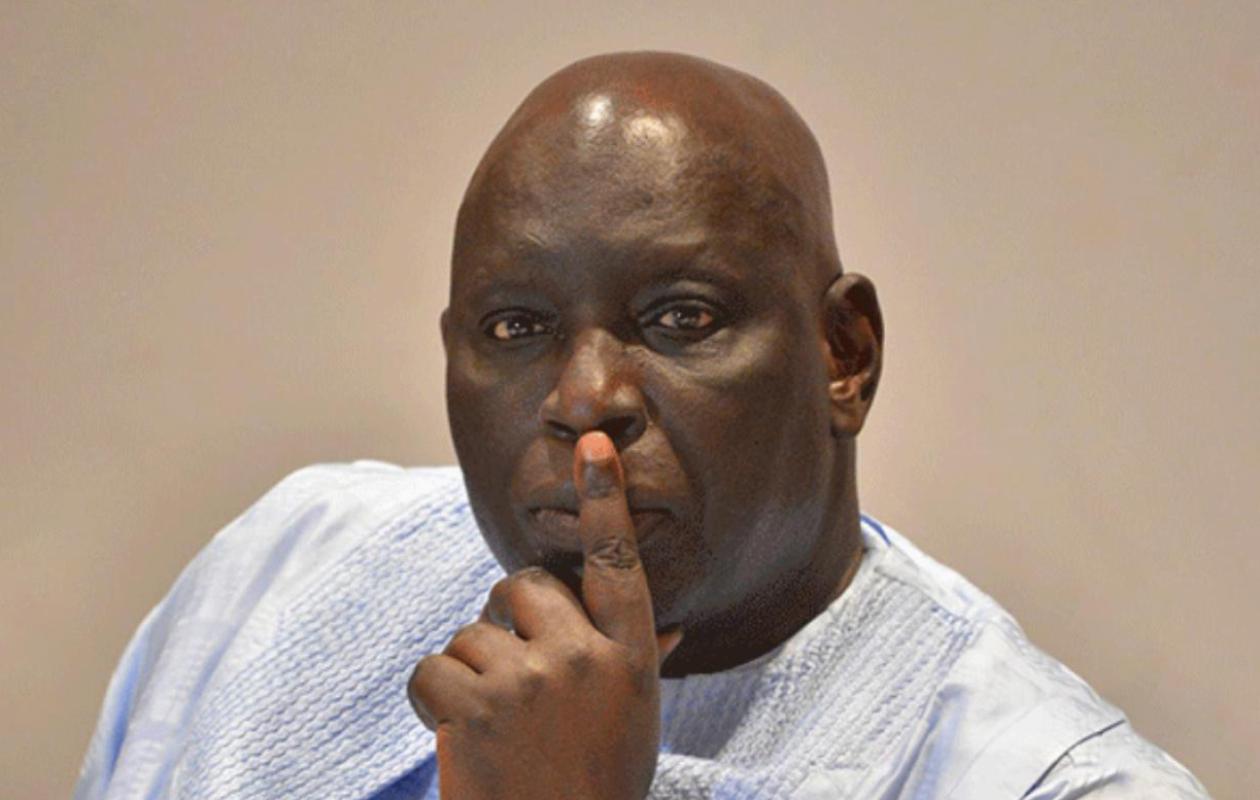
Senegalese media tycoon Madiambal Diagne is at the centre of a deepening scandal after authorities confirmed he is the subject of an international arrest warrant.
The journalist and publisher of Le Quotidien left the country despite a travel ban, triggering political uproar and police shake-ups in Dakar.
Diagne, who heads the Avenir Communication group, was summoned by the Criminal Investigation Division (DIC) over alleged suspicious financial dealings.
According to investigators, he slipped out of Senegal on 24 September via neighbouring Gambia before boarding a flight to France.
From abroad, Diagne confirmed his presence in France on social media, writing that he wanted to “prepare [his] defense” before “returning to face [his] responsibilities.”
The case stems from a report by Senegal’s National Financial Information Processing Unit (Centif), which accuses the former court clerk of receiving more than €32 million in kickbacks between 2020 and 2023. The payments were allegedly linked to courthouse construction contracts. His wife and two sons have also been taken into custody in connection with the investigation.
The escape has sparked turmoil within Senegal’s security forces. The Interior Minister has dismissed the heads of the special police unit at Dakar’s Blaise Diagne International Airport as well as senior DIC officials, citing failures that allowed Diagne to evade restrictions. An internal probe is now under way to determine whether there was complicity in his departure.
Diagne, a prominent and often polarising figure in Senegalese media, has long been known for his critical stance toward the Bassirou Diomaye Faye–Ousmane Sonko leadership before they came to power. His flight abroad has given the affair a political dimension, amplifying debates over corruption, accountability, and press freedom.
Authorities insist that the international warrant will be pursued, but Diagne maintains he intends to return voluntarily to face justice. The unfolding case is shaping up to be one of the most sensitive legal battles in Senegal’s recent history.



